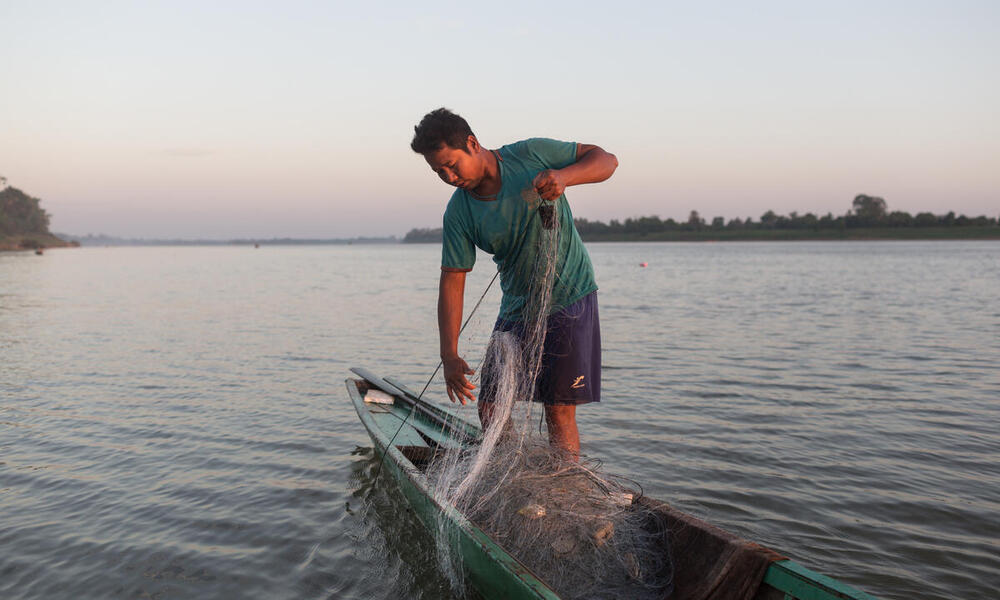Amidst growing concerns about the conservation of freshwater resources, the Mekong Forgotten Fishes Report sheds light on innovative approaches to preserve and invest in the health of this vital waterway.
Recreational angling presents a promising avenue for economic development and conservation, although its current scale is limited. The region’s diverse giant and novel freshwater fish offer significant potential to attract anglers worldwide. While stocked lakes feature native species like the Siamese giant barb and giant snakehead, non-native species pose a threat if they escape. Recreational angling on the river itself, though limited, is gaining traction, particularly in Cambodia and Lao PDR, where operators offer trips targeting Mekong giant catfish and giant freshwater stingrays. However, concerns arise regarding governance and monitoring, especially in conservation areas like Nakai-Nam Theun National Park. In the Mekong Delta, recreational angling is more established, with tourists being offered experiences like catching fish bare-handed. While recreational angling holds potential for livelihoods and tourism, careful management is crucial to mitigate risks such as invasive species introduction and habitat damage. With effective management and community collaboration, promoting recreational angling in the Mekong Basin could contribute to species conservation and community well-being.
Rice-fish farming is an innovative farming practice that integrates fish into rice paddies, harnessing the natural synergy between the two ecosystems. As rice grows, it provides cover and food for fish, while the fish, in turn, help control pests and provide natural fertilization, enhancing rice yields. Additionally, fish disturb the soil, making it more porous and assisting with nutrient recycling. Some farmers have devised methods to increase water depth in their fields during the natural flood season, preventing fish from escaping and creating a thriving aquatic habitat. Recognizing the potential of rice-fish farming to promote sustainability, WWF is actively collaborating with farmers to implement floating rice and fish farming during the flood season. This initiative aims to restore natural sediment deposition, improve soil fertility and health, and counteract land subsidence. Moreover, it creates new markets and enhances the resilience and income of farmers, demonstrating the transformative power of sustainable farming practices in the Mekong region. By safeguarding fish populations and maintaining healthy freshwater ecosystems, we can ensure the continued availability of essential resources such as food, water, and livelihoods for millions of people in the region.

